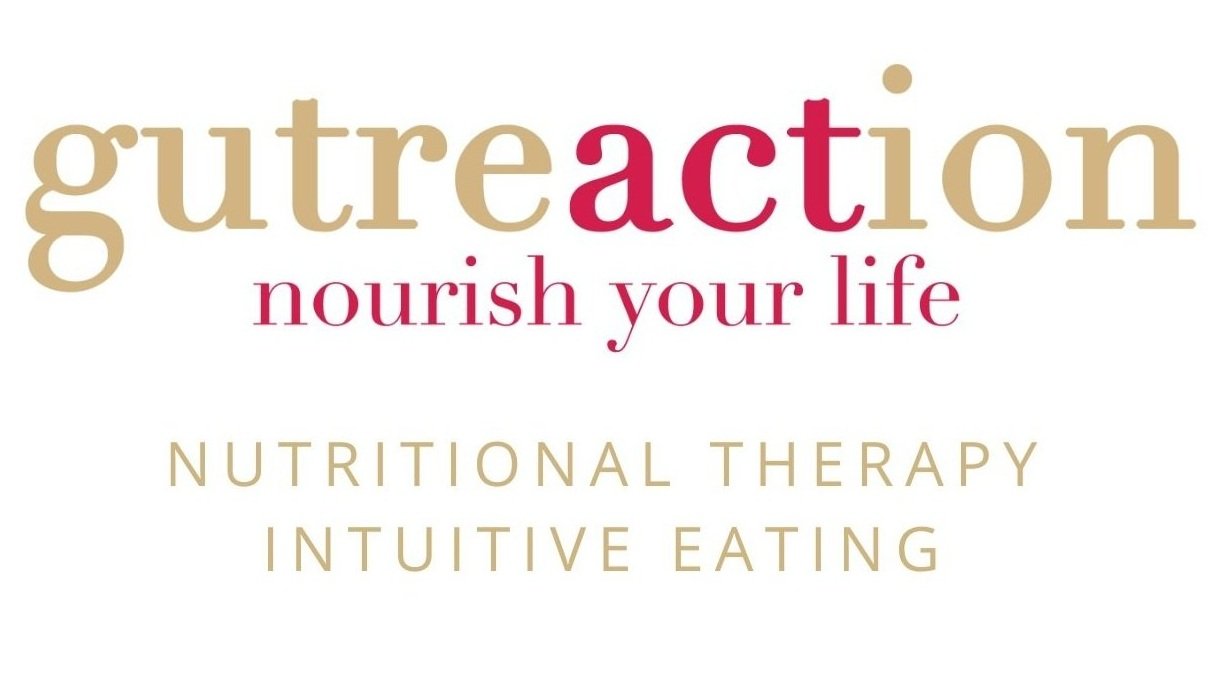Menopause - is the Gut the missing link?
Did you know that your gut health can influence menopausal symptoms? And that hormone changes during menopause can influence your gut health?
Here I wanted to share with you the piece I contributed to Meg Mathews’ brilliant menopause book ‘The New Hot: Taking on the Menopause with Attitude and Style’ where I explain how our gut health could be an extra piece in the menopause wellness puzzle:
“The health of the bacteria in the gut has been making news in the health world for a while now. Research has linked a healthy balance of bacteria in the gut to better mood and reduced anxiety, and, while we’re still investigating how it plays a role, there is a belief that the bacteria may play a role in the menopause too.
When oestrogen has done its works in the body, it’s sent to the liver where it’s bound up as a signal to your body that it should be excreted. However, some bacteria in the bowel can cause that oestrogen to become unbound and re-circulate into the blood stream. If you have too much of that bacteria, too much oestrogen may recirculate and, at a time when the body is already out of balance hormonally, this could extra oestrogen could potentially exasperate imbalances between progesterone and oestrogen and make symptoms worse.
Looking after the gut bacteria balance could be an extra piece in the menopause wellness puzzle. So, how do you do it?
The first, and most important tip, is to eat a ‘rainbow’ of plant foods every day - mix up the types and colours you eat. Plant foods - fruits, vegetables, wholegrains, herbs, spices, etc - contain fibre and polyphenols that help the good bacteria to flourish.
Fibre from plants also help help keep the bowels working well, helping you pass old oestrogen out of the system faster, so limiting the time the bacteria can act on it. Good hydration is also important for keeping things regular.
Prebiotic foods contain substances that feed good bacteria and help them to thrive - they include many plant foods with special mentions going to mushrooms, oats, barley, garlic, bananas and Jerusalem artichokes. also, look for probiotic foods that naturally supply more good bacteria to the bowel.
These include foods like kimchi, sauerkraut and natural yoghurt. Kefir is a drink that seems to help get the bacteria through the stomach to where it needs to be, so perhaps give that a try too.
While ideally you want to get all the nutrients you need from a healthy diet, if you’re busy that doesn’t always happen. Also, during the menopause there are some key vitamins and minerals your body may use more of or deplete more quickly, and so supplementing can be a good insurance policy.”
Isn’t it fascinating that the microorganisms that reside in the gut are now known to be one of the principal regulators of oestrogen circulating in a woman’s system?
What’s more, the gut-hormone connection works two-ways.
As women transition through menopause, declining oestrogen and progesterone can lead to imbalances in your digestive system and gut, and increase your risk of developing uncomfortable bloating, constipation and acid reflux. In fact, an increase in gastrointestinal symptoms, including bowel discomfort, abdominal pain/discomfort, bloating, and alterations in bowel patterns, has been reported during the perimenopause period (as well as premenses and menses menstrual cycle phases) in women with and without Irritable Bowel Syndrome (IBS).
One of the primary reasons for this is the link between oestrogen and cortisol - which is known as the ‘stress hormone’ or ‘fight or flight’ hormone). One of oestrogen’s many roles in the body is to help regulate cortisol. So, as oestrogen declines, cortisol can rise so our experience of stress can also become heightened. Suddenly, we may feel as though we are not coping with life’s challenges as well as we once did.
But cortisol also has the effect of slowing down the digestion of food! So rising cortisol can also lead to changes in bowel habits, particularly constipation, and numerous other digestive and gut imbalances. This slowing down of the digestive process can be further exacerbated if you are taking iron, thyroid or anti-depressants.
All this potentially means that from peri-menopause right through to the post-menopause years, more emphasis may need to go towards nutritional, dietary and lifestyle changes to help ensure you keep your digestive system moving and your gut happily balanced.
Next steps
The gut-hormone connection is fascinating and a topic I’ll continue to explore in future blogs.
If you’re struggling in your transition through the menopause, including experiencing gut-related symptoms, then doing some work around the gut-hormone connection may be helpful to your journey.
Please check out my Realign programme here, or please talk to me if you’d like to find out more.






